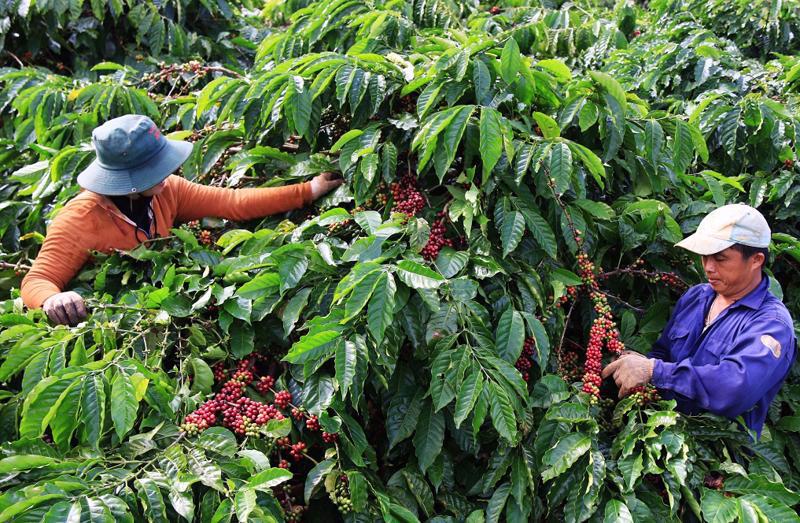Analysts have suggested that Vietnam strengthen supply chains to help its agricultural products penetrate more deeply into the EU, even though the country does not face a high risk of deforestation thanks to its forest protection policies.
They made the suggestion at a conference in Hanoi on April 25 in the context of new regulations in the EU banning the import of products relating to deforestation, which is scheduled to take effect from 2025.
Mr. Rui Ludovino, First Counselor in charge of Climate Action, Environment, Employment and Social Policy at the Delegation of the European Union to Vietnam, said the new rules will take effect at the beginning of 2025 with a six-month delay for small and medium-sized enterprises (SMEs), and stressed that exporters and importers must be aware of the deadline to meet the EU market’s requirements.
He said Vietnam is implementing the Voluntary Partnership Agreement on Forest Law Enforcement, Governance and Trade (VPA/FLEGT), which includes legal regulations on the sustainable development of the wood industry. This is an advantage for Vietnam, and other sectors like rubber and coffee can learn from it.
Deputy Director of the Vietnam Administration of Forestry (VNFOREST) at the Ministry of Agriculture and Rural Development, Tran Quang Bao, said Vietnam is promoting sustainable agricultural trade and production to reduce deforestation.
Agricultural farming is considered a major land-use industry. The current expansion of land areas for agricultural development around the world is the main cause of deforestation and shrinking forest land, he said.
Therefore, agricultural production and trade should be directed towards the sustainable development of value chains, which increase the quality and value of products and community livelihoods without the need to expand production areas, he said.









 Google translate
Google translate